Home » CNC Machining Materials: Metals and Plastics » HIPS: Custom HIPS CNC Machining Material Supplier in China
Custom HIPS CNC Machining Services in China
Low-Cost, High-Impact Prototyping and Production of Housings, Trays, and Enclosures.
- ISO 9001 Certified
- Excellent for Prototypes
- Easy to Paint & Finish
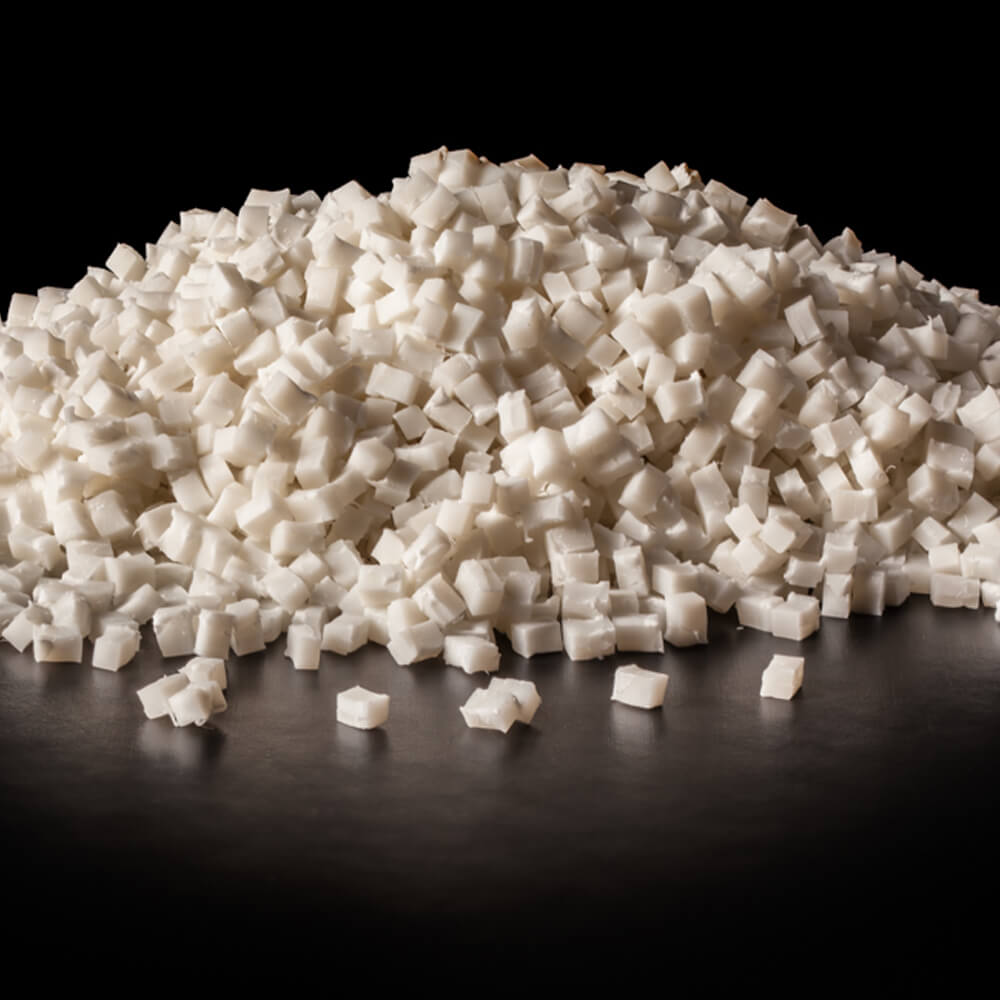

Your Expert Partner for HIPS Machining
Celerity Precision is a leading manufacturing service provider in China offering fast and affordable CNC machining of HIPS (High Impact Polystyrene). HIPS is a versatile, low-cost thermoplastic created by blending polystyrene with rubber, which dramatically improves its toughness and impact resistance. It is an ideal material for pre-production prototypes, electronic enclosures, equipment housings, and trays where durability and ease of fabrication are key. HIPS is exceptionally easy to machine, allowing us to produce parts with fine details and a smooth finish quickly and economically, making it a top choice for projects with tight budgets and deadlines.
Why Choose HIPS for Your Machined Parts
HIPS offers an excellent combination of impact strength, dimensional stability, and low cost. It is a lightweight and rigid material that can be machined very easily, producing clean cuts and a smooth, matte surface that is perfect for painting and finishing. Its good forming characteristics and ability to be easily bonded make it highly versatile for creating complex assemblies and detailed appearance models. At Celerity Precision, we leverage the superb machinability of HIPS to deliver high-quality, cost-effective parts with a rapid turnaround, helping our clients accelerate their product development cycles.
Good Impact Strength
The addition of rubber gives it much higher toughness and resistance to cracking than standard polystyrene.
Excellent Machinability
Very easy to machine, allowing for high speeds, fine details, and a smooth surface finish.
Low Cost
One of the most affordable and economical rigid plastics available.
Easy to Paint & Bond
The surface readily accepts paint and can be easily and strongly bonded with common solvent cements.
Good Dimensional Stability
Low moisture absorption ensures that parts remain stable and hold their shape well.
Lightweight
A low-density material, ideal for creating lightweight enclosures and covers.
Standard Machining Grade HIPS
This is a versatile, general-purpose grade that is easily machined and fabricated. It provides a great balance of impact strength, stiffness, and cost. It is typically available in standard colors like white and black.
| Tensile Strength, Yield (MPa) | 25 MPa |
| Elongation at Break (%) | 40% |
| Hardness (Brinnell) | 75 |
| Density (g/cm³) | 1.04 |
Surface Finishing Options for HIPS
HIPS is one of the easiest plastics to finish, making it ideal for creating high-fidelity appearance models.
As Machined
The standard finish is a clean, smooth, low-gloss or matte surface.
Painting
HIPS is an excellent substrate for painting. It can be easily primed and painted to match any color or gloss level, making it perfect for creating realistic prototypes.
Pros and Cons of HIPS CNC Machining
Pros
- Very Low Cost: An extremely economical choice for both material and machining time.
- Great for Appearance Models: Easy to machine, sand, and paint to a very high cosmetic standard.
- Good Durability for Prototypes: Much tougher and less brittle than standard polystyrene or PLA.
- Fast to Machine: Its excellent machinability allows for very short lead times.
- Easy to Fabricate: Can be easily assembled into larger structures using common solvents.
Cons
- Poor Chemical Resistance: Can be attacked and dissolved by many common solvents (which is why it bonds well).
- Poor UV Resistance: Not suitable for outdoor applications as it will become brittle and yellow with sun exposure.
- Not a High-Strength Material: Not suitable for functional, load-bearing mechanical parts.
- Flammable: Standard HIPS is flammable (flame-retardant grades are available).
Applications of CNC Machined HIPS Parts
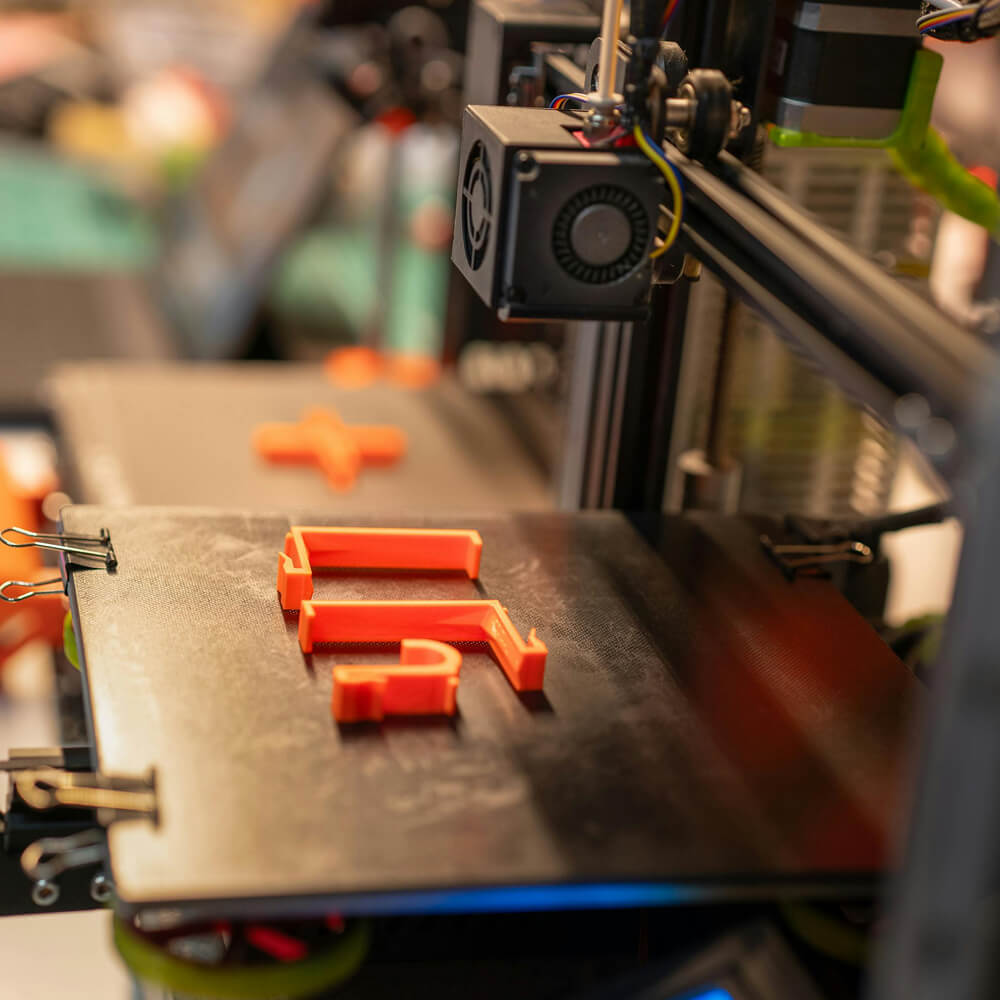
Pre-Production Prototypes
Creating durable, paintable prototypes that accurately represent the look and feel of a final injection-molded part.
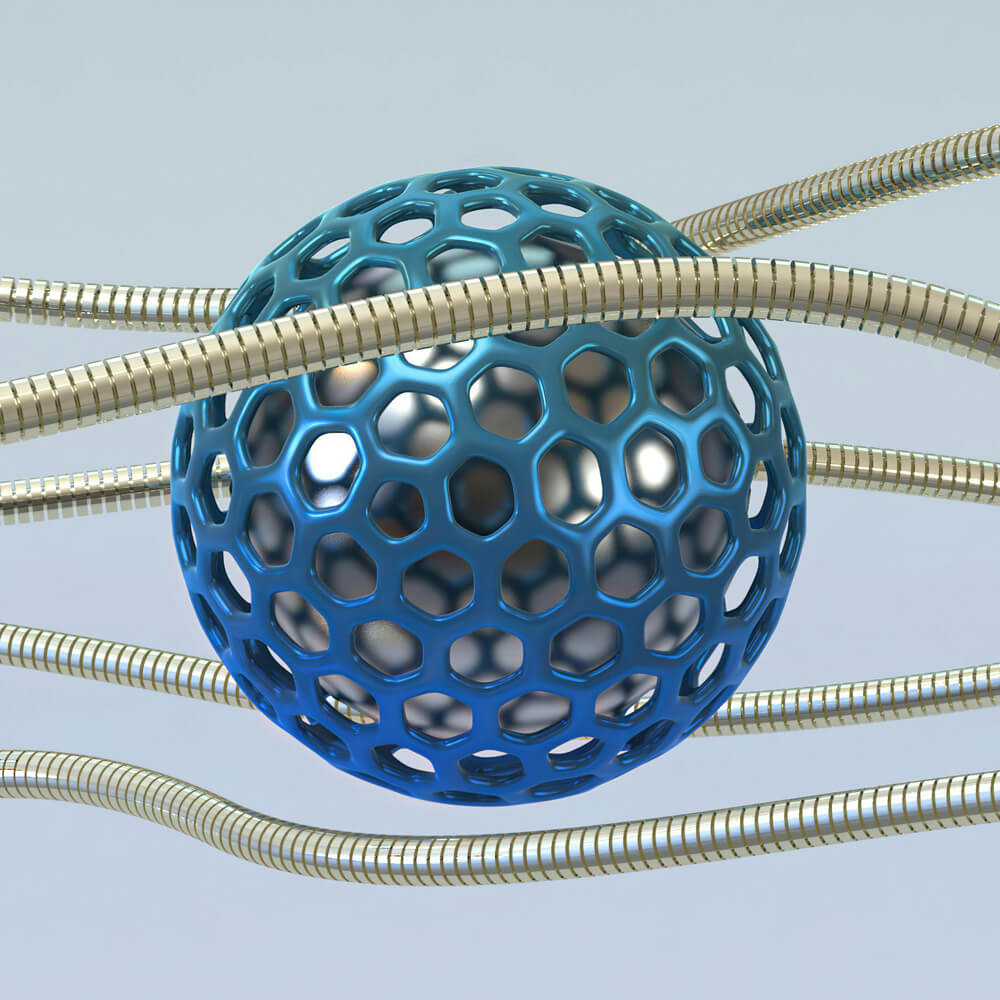
Electronic Enclosures
Housings for printers, computers, and other electronic equipment that do not require high structural strength.
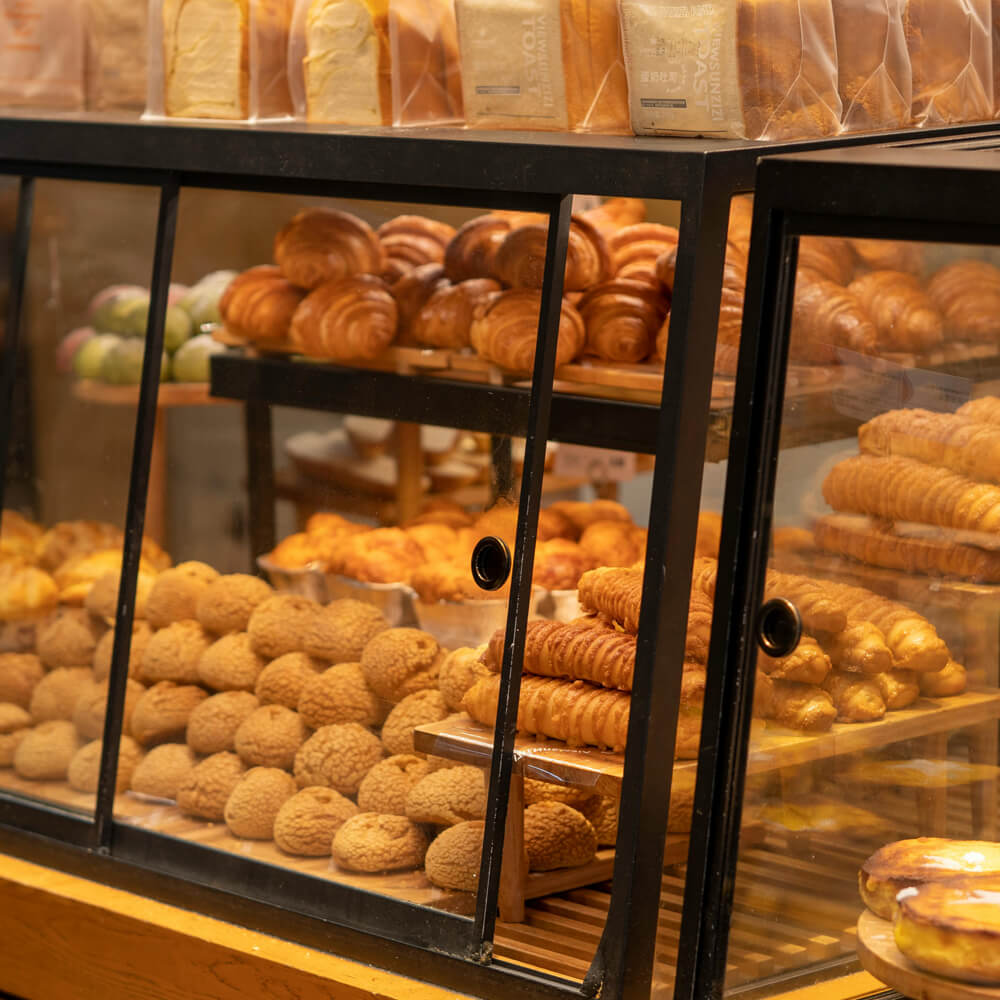
Point-of-Sale Displays
Creating custom signs, stands, and displays for the retail environment.
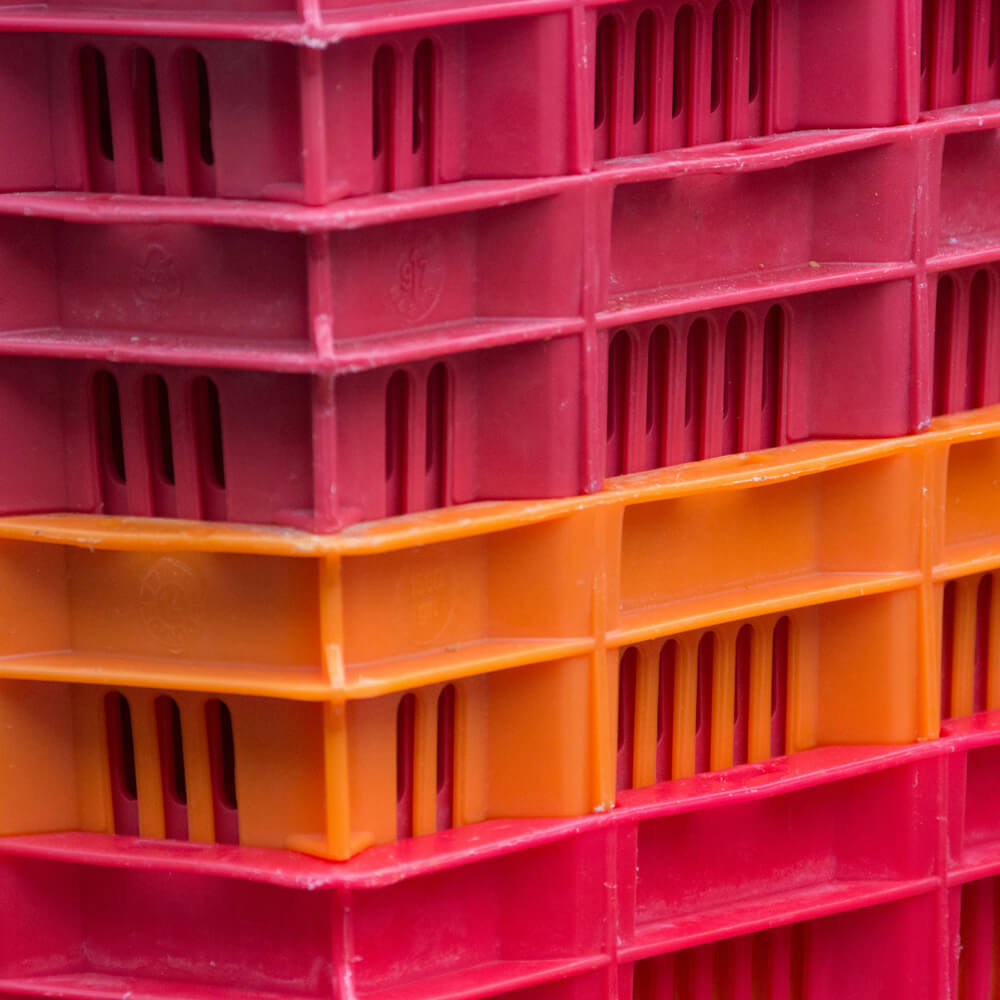
Trays & Fixtures
Machining custom trays for handling parts, and low-cost fixtures for assembly.
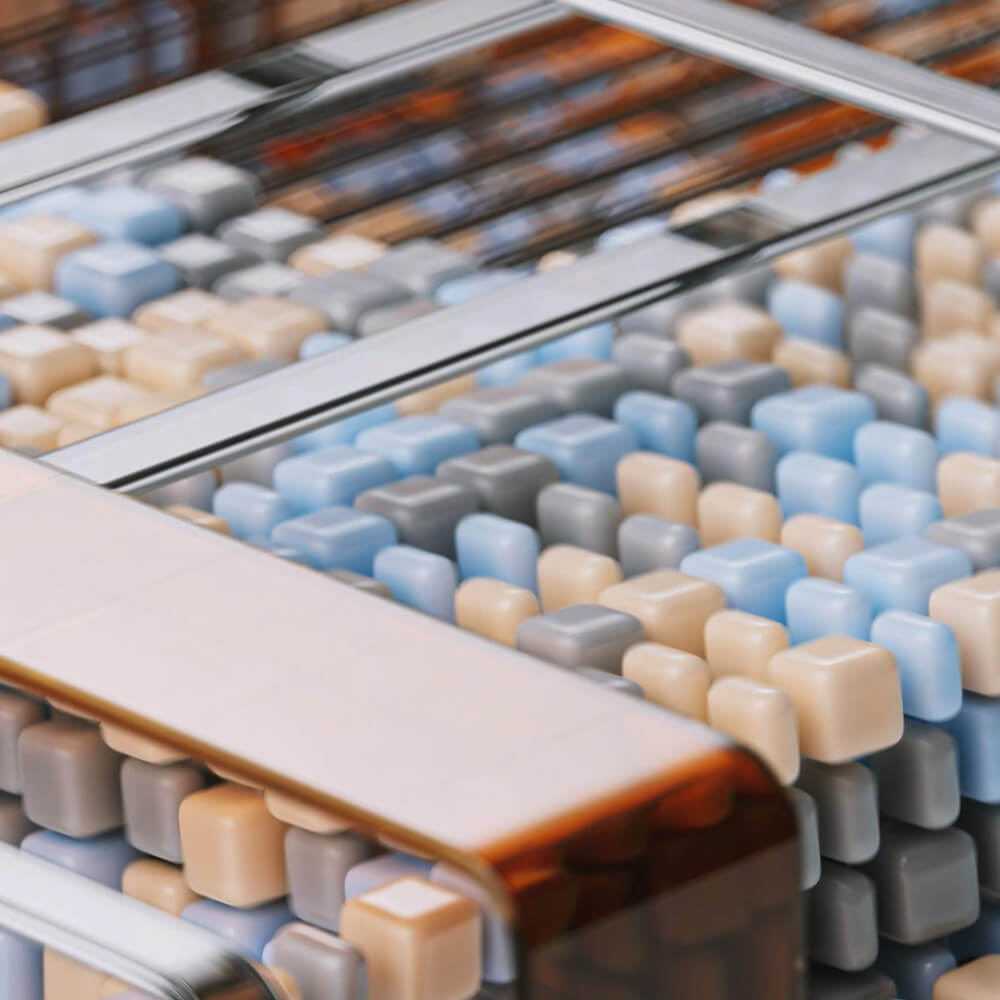
Concept & Form Models
Quickly and cheaply creating physical models to evaluate the shape and ergonomics of a design.
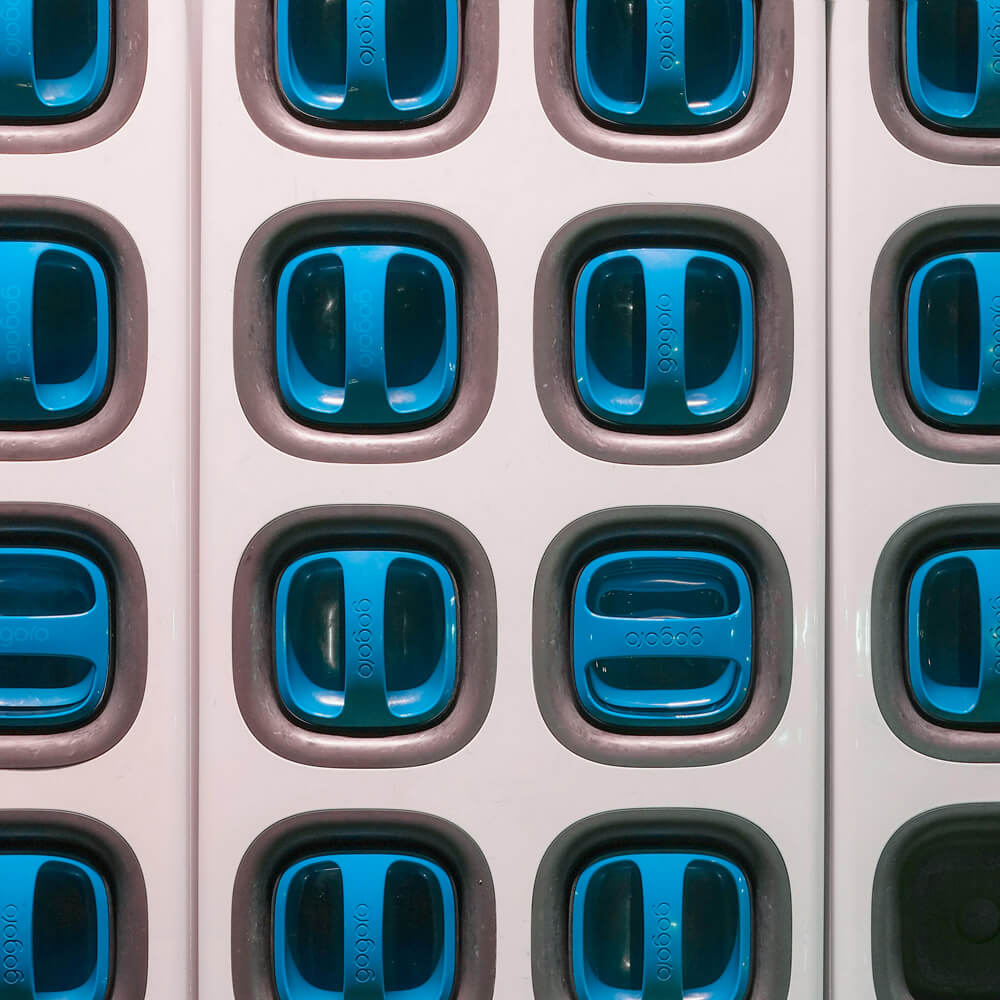
Vacuum Forming Molds
HIPS is often machined to create low-cost master patterns and molds for vacuum forming processes.
HIPS Machining FAQ
What is the main difference between HIPS and standard Polystyrene (PS)?
HIPS has butadiene rubber added to it, which makes it significantly more tough and impact-resistant. Standard polystyrene is very brittle and will shatter easily, while HIPS will tend to bend or dent before breaking.
How does HIPS compare to ABS?
ABS is generally stronger, stiffer, and has a higher temperature resistance than HIPS, making it a better choice for functional end-use parts. HIPS is typically less expensive and is often preferred for non-structural housings and pre-production prototypes.
Is HIPS a good choice for functional, mechanical parts?
Generally, no. While it is tough, it lacks the high strength, stiffness, and wear resistance of engineering plastics like POM or Nylon. It is best used for housings, covers, and prototypes.
What is the easiest way to join two HIPS parts?
The easiest and strongest method is to use a solvent cement specifically for polystyrene. The solvent temporarily dissolves the surfaces, which then fuse together as the solvent evaporates, creating a permanent chemical weld.
Is HIPS food safe?
Yes, specific FDA-compliant grades of HIPS are available and are commonly used for things like yogurt cups and food packaging trays.
Why is HIPS used as a support material in 3D printing?
In 3D printing, HIPS is often used as a dissolvable support material for ABS prints because it can be easily dissolved away in a limonene solution, leaving the complex ABS part behind.
What colors is HIPS available in?
The standard stock colors for machining are white and black. However, HIPS is exceptionally easy to paint to match any color specification.
How do you get a smooth finish when machining HIPS?
HIPS machines very well. We use sharp tools and high RPMs to get a very clean cut. Any minor tool marks can be easily removed by light sanding.
